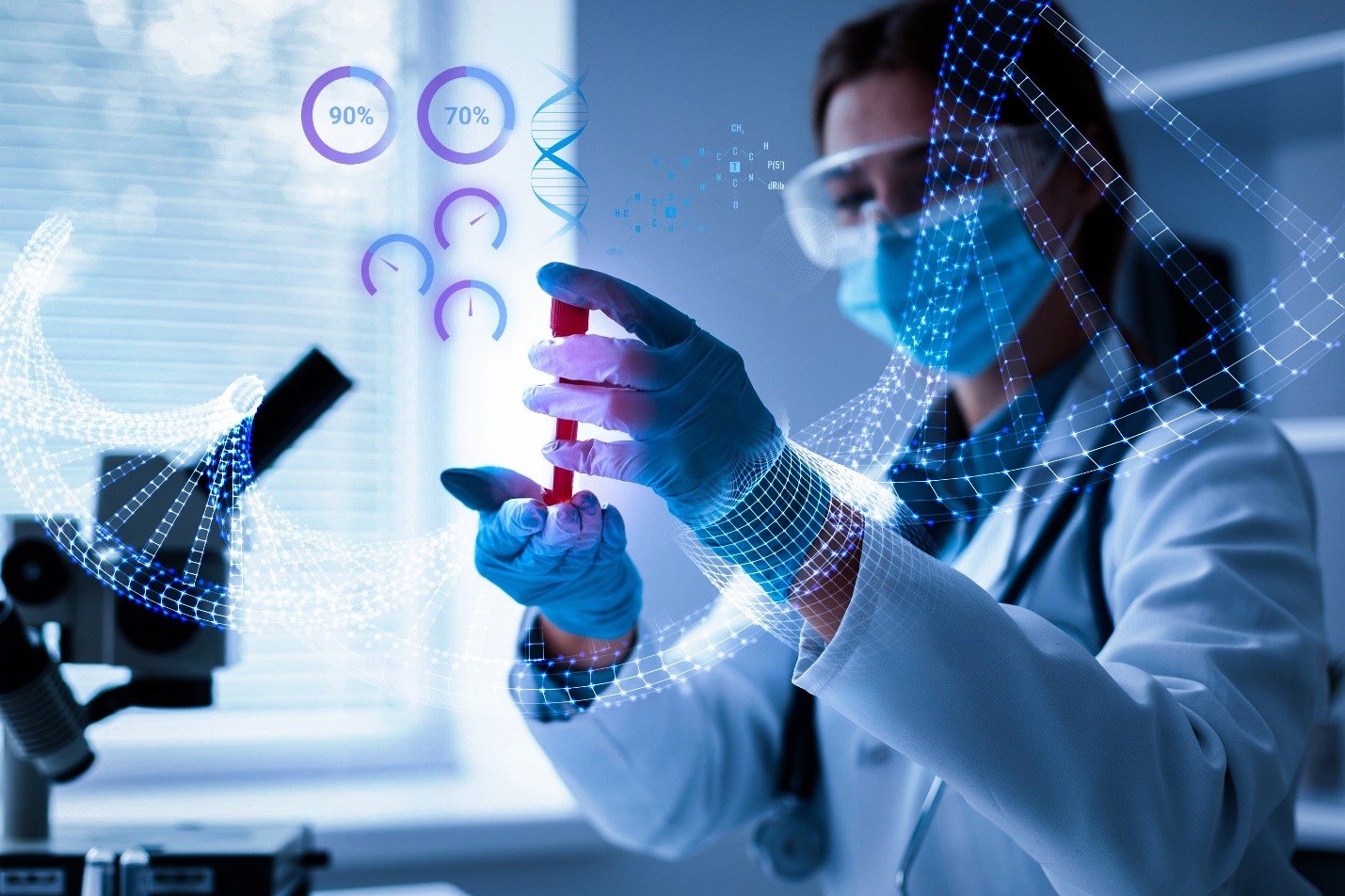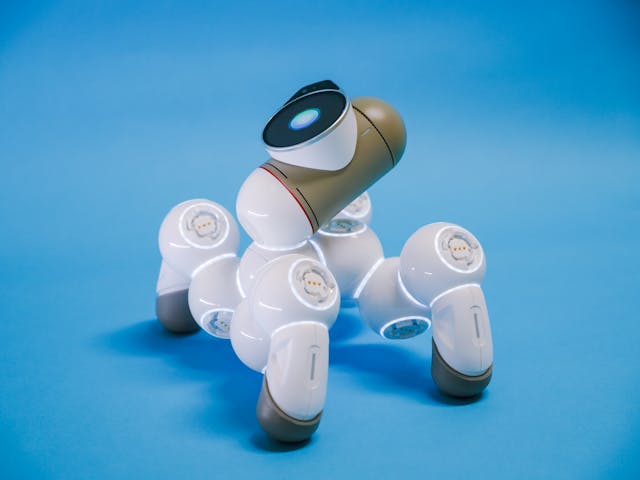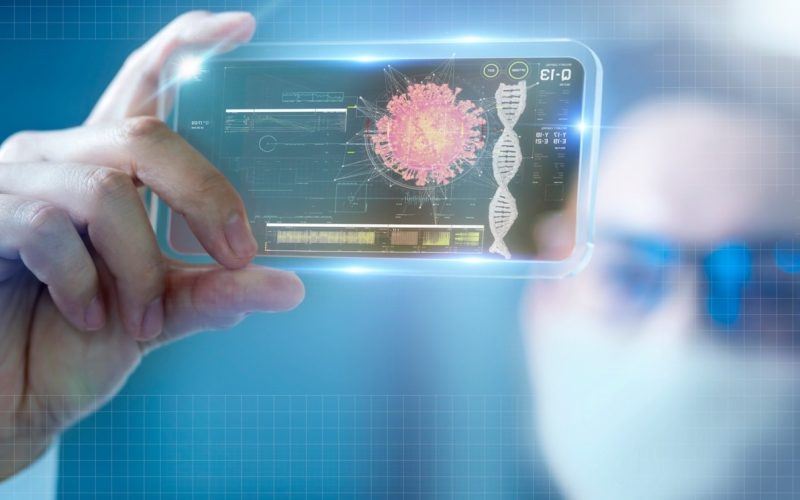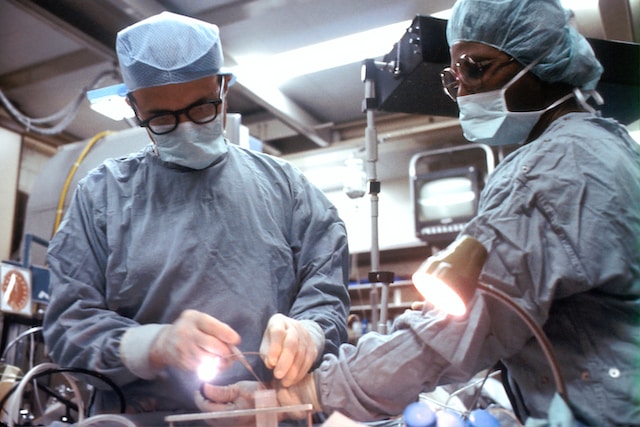The advent of Artificial Intelligence (AI) has revolutionized various sectors, from finance to entertainment, and healthcare is no exception. One of the most promising applications of AI in healthcare is early disease detection. By leveraging advanced algorithms and vast amounts of data, AI has the potential to identify diseases at their nascent stages, thereby improving patient outcomes and reducing healthcare costs. This article delves into the transformative role of AI in early disease detection, highlighting its benefits, challenges, and future prospects.
The Promise of AI in Disease Detection
Enhanced Diagnostic Accuracy
AI disease detection systems utilize machine learning algorithms to analyze medical data, including imaging scans, genetic information, and patient history. These systems can identify patterns and anomalies that may be too subtle for human eyes to detect. For instance, AI algorithms have demonstrated remarkable accuracy in detecting early signs of diseases such as cancer, diabetes, and cardiovascular conditions.
Speed and Efficiency
Traditional diagnostic methods can be time-consuming and labor-intensive. Radiologists, for example, may spend hours examining imaging scans for signs of abnormalities. AI can significantly expedite this process by quickly analyzing large volumes of data and providing preliminary diagnoses. This not only saves time but also allows healthcare professionals to focus on more complex cases that require human expertise.
Personalized Medicine
AI disease detection systems can also contribute to the development of personalized medicine. By analyzing an individual’s genetic makeup, lifestyle, and medical history, AI can predict the likelihood of developing certain diseases and recommend personalized preventive measures. This proactive approach can help in mitigating the risk of diseases before they manifest.

Real-World Applications
Oncology
Cancer is one of the leading causes of death worldwide, and early detection is crucial for effective treatment. AI has shown great promise in oncology, particularly in the detection of breast cancer, lung cancer, and melanoma. For example, Google’s DeepMind has developed an AI model that can detect breast cancer with greater accuracy than human radiologists. Similarly, AI algorithms have been employed to analyze lung CT scans, identifying early-stage lung cancer with high precision.
Cardiovascular Diseases
Cardiovascular diseases (CVDs) are another major health concern globally. AI can analyze electrocardiograms (ECGs), echocardiograms, and other diagnostic tests to identify early signs of heart disease. Researchers at the Mayo Clinic have developed an AI algorithm that can detect asymptomatic left ventricular dysfunction, a precursor to heart failure, from routine ECGs. Early detection of such conditions can lead to timely intervention and improved patient outcomes.
Diabetes
AI is also making strides in the early detection of diabetes and its complications. Continuous glucose monitoring systems powered by AI can predict blood sugar levels and provide real-time alerts, helping patients manage their condition more effectively. Additionally, AI algorithms can analyze retinal images to detect diabetic retinopathy, a common complication of diabetes that can lead to blindness if not treated early.
Challenges and Limitations
Data Privacy and Security
One of the primary concerns with AI disease detection is data privacy and security. Medical data is highly sensitive, and any breach can have severe consequences. Ensuring that AI systems comply with data protection regulations, such as the General Data Protection Regulation (GDPR), is crucial for maintaining patient trust and safeguarding their information.
Algorithm Bias
AI algorithms are only as good as the data they are trained on. If the training data is biased or lacks diversity, the AI system may produce skewed results. This is particularly concerning in healthcare, where biased algorithms can lead to misdiagnoses and unequal treatment. Efforts must be made to ensure that AI systems are trained on diverse and representative datasets to minimize bias.
Integration with Existing Systems
Integrating AI disease detection systems with existing healthcare infrastructure can be challenging. Hospitals and clinics may need to invest in new hardware and software, and healthcare professionals may require training to effectively use these systems. Additionally, there may be resistance to adopting AI technologies due to concerns about job displacement and the reliability of AI-generated diagnoses.

The Future of AI in Early Disease Detection
Advancements in Technology
As AI technology continues to advance, we can expect even greater improvements in disease detection. Emerging fields such as quantum computing and neuromorphic engineering hold the potential to further enhance the capabilities of AI systems. These technologies could enable faster data processing and more accurate predictions, pushing the boundaries of what is currently possible.
Collaborative Efforts
Collaboration between AI researchers, healthcare professionals, and policymakers will be essential for the successful implementation of AI in early disease detection. Interdisciplinary partnerships can help address the challenges and limitations of AI, ensuring that these systems are safe, effective, and equitable. Additionally, public-private partnerships can facilitate the development and deployment of AI technologies on a larger scale.
Ethical Considerations
As AI becomes more integrated into healthcare, ethical considerations will play a crucial role in shaping its future. Issues such as informed consent, transparency, and accountability must be addressed to ensure that AI is used responsibly and ethically. Establishing clear guidelines and standards for AI in healthcare can help mitigate potential risks and maximize the benefits of these technologies.
Conclusion
AI has the potential to revolutionize early disease detection, offering enhanced diagnostic accuracy, speed, and personalized care. From oncology to cardiovascular diseases and diabetes, AI is already making significant strides in identifying diseases at their early stages. However, challenges such as data privacy, algorithm bias, and integration with existing systems must be addressed to fully realize the potential of AI in healthcare.
The future of AI in early disease detection looks promising, with advancements in technology and collaborative efforts paving the way for more effective and equitable healthcare solutions. By addressing ethical considerations and ensuring the responsible use of AI, we can harness its power to improve patient outcomes and transform the healthcare landscape.
In summary, AI disease detection is not just a technological innovation; it is a paradigm shift that holds the promise of a healthier future for all. With continued research, investment, and collaboration, AI can become an indispensable tool in the fight against diseases, saving lives and enhancing the quality of care for patients worldwide.










